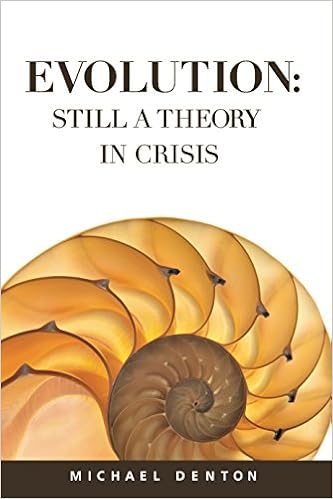Not that Denton’s thesis is entirely new. Perhaps the simplest summary is that it is a re-affirmation of his first book questioning the Neodarwinian Synthesis thirty years ago, now strengthened by much work in biology since, combined with a new structuralist viewpoint which he inherits from Richard Owen before and during Darwin’s time.
I might add (because Denton doesn’t stress it) that structuralism – the idea that much of biological form depends on lawlike constraints, rather than adaptive contingency – was the prevalent theory of evolution, in the form of orthogenesis, at the time when Darwinism was found wanting in explanatory power at the beginning of the twentieth century. It was only the Neodarwinian Synthesis that rehabilitated Darwinism, and it was the hegemony of that Synthesis within western biology that not only wrote the case for structuralism out of science, but virtually out of history as well. The replacement of Owen’s statue in London’s Natural History Museum, which he established, with Darwin’s, is the epitome of that rewriting of history, as Denton mentions.
Denton’s structuralism is a well-argued return to the reality of essentialism in biology: there are indeed true discontinuities between taxa that simply cannot be explained by natural selection. If so, then Aristotle was actually observing nature more accurately than we have for the last century or so, in our dogma that all life is a continuum of contingently changing components. Because these discontinuities constitute some of the most significant features of living things, they radically relativise the significance of natural selection. To a large extent, selection becomes the tinkerer that merely fine-tunes microevolution, whereas what Denton argues to be natural laws of emergence are what paints the grand picture of life.More.
Yes, it’s true. Just like the precious little asshats of Asshat U, Darwin’s boys got Owen’s statue moved out of the Natural History Museum, to be replaced with a statue of Their Glorious Fave.
See also: Michael Denton on the uniqueness of human language
 At
At